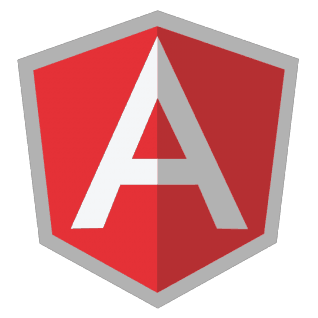Posts within the JavaScript category

Showing a loader with Angular 2
With Angular 2, we can change the default Loading... message to something else. In this article I will show you how to change it into a wonderful pokéball.
Read more →
Animating with Angular 2
Just like AngularJS, Angular 2 has a mechanism for applying animations to your application. During this article we'll look into the animation API.
Read more →
Implementing your own pipes with Angular 2
Pipes are one of the key features of Angular 2 and they are the successor to AngularJS' filters. In this article I'll write my own pipes with Angular 2.
Read more →
Changing your page title when a route changes with Angular 2
Routing is an important concept with modern webapps. In this article I will show you how to dynamically change your title based on a route with Angular 2.
Read more →
Using routing with Angular 2
Single page webapps are the future, and to achieve that, routing is a commonly used pattern. In this article I will show how to use routing with Angular.
Read more →
Creating a pagination component with Angular 2
In this article we'll go more in depth on components with Angular 2, such as property and event binding. We'll do this by creating a pagination component.
Read more →
Writing your first component with Angular 2
A lot has changed with Angular 2, and the driving force behind it changed from controllers to components. During this tutorial we will write a component.
Read more →
Getting started with Angular 2 using Angular CLI
Angular 2 is out for a while now, so it's time to explorer what has changed (spoiler alert: a lot) and how we can set up a project with Angular CLI.
Read more →
E2E testing with Nightwatch.js
Today I'm also going to test an AngularJS application, but this time I will be using Nightwatch.js. While Nightwatch.js is not made specifically for AngularJS applications, you can use this framework as well.
Read more →
More fun with AngularJS $http: a loading indicator
Ever wanted to create a "Loading, please wait..." indicator when your data is loading over your REST service? With $http you can easily set something up like this, without having to create a lot of overhead in your controllers.
Read more →